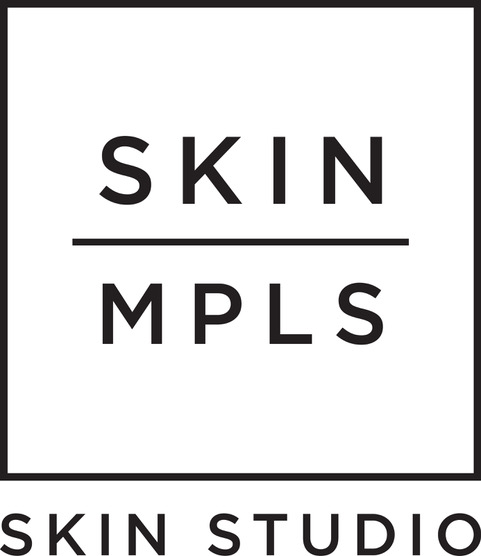Let’s Talk Periods
Did you know there was a time when women were actually thought to be more powerful during their periods? Did these ancient women also worry about migraines, painful cramps, mood swings, and acne? We aren’t sure, but over the years periods have lost their magic and become, at best, an inconvenience – which is why today many women even choose to skip their periods with different birth control methods.
It’s confusing that even now, many millennia later, we still have questions and concerns surrounding our cycles. Hormones are a hot topic and even in a progressive society, we struggle with openly talking about and sharing the side effects and irregularities of our menstrual cycles. On top of all that, over half of females will develop acne at puberty. In the age of way too much information, hopefully, this article can help women understand their hormones when it comes to managing acne.
First, what are hormones exactly?
Hormones are chemical messengers that travel through your bloodstream to tissues and organs to coordinate certain functions in your body. Before puberty, children’s hormone levels are low and somewhat similar in boys and girls. But when puberty hits, hormone production begins to increase and biologically your body prepares for adulthood. When you start producing more hormones in puberty, it affects body development, mood, hair growth, metabolism, skin, and more.
For girls, puberty is when menstrual cycles begin. Most women’s cycles are around 28 days long and can be broken into four phases: menstruation (days 1-5), the follicular phase (days 6-14), ovulation (day 14), and the luteal phase (days 15-28). Each phase may present a different hormonal side effect to the skin, but these effects take time to show up in the form of breakouts – so it’s important to understand the lag and not incorrectly pinpoint the wrong reason for the breakout.
What’s really happening with our hormones during our menstrual cycle?
Menstruation: During the beginning of the menstrual phase, both estrogen and progesterone are at their lowest. As your period tapers over the 5 days of your period, your body starts producing more estrogen. Because progesterone is low during this entire phase, pores are not producing as much oil so pores will not likely form clogs at this point.
Follicular Phase: During the follicular phase, which usually happens from day 6 to 14, estrogen levels continue to rise while progesterone remains low which continues to keep new pimples from forming.
Ovulation: Ovulation happens at approximately day 14 when skin is usually at its clearest thanks to the previous two weeks of low progesterone levels. However, progesterone production starts to rise at ovulation and some can experience breakouts because the increase in progesterone causes an increase in oil down in the pores – a slight peak in testosterone also contributes to this oil production.
Luteal Phase: During the luteal phase progesterone peaks and estrogen levels begin to decline – which makes these two weeks the toughest when it comes to acne formation. Typically, women experience breakouts in the third to fourth week of their period.
How can you treat your skin with hormones in mind?
Don’t mistake acne as a red flag of impending doom when it comes to hormones, it’s all very normal as you can understand from the info above. You just need to step up your skincare routine in the form of some extra exfoliation about a week before you usually break out and also make a few lifestyle tweaks. Too often women give up treating their skin because they think acne is “hormonal” and therefore nothing can be done about it. Hormones are deeply ingrained with the look and feel of our skin (and so much more!), but there is still opportunity to treat the skin-related side effects that show due to hormone changes.
Most acne can be managed and controlled simply by clearing the pores with the right skincare. For those women that do have overly sensitive pores when it comes to breakouts, some breakouts may be inevitable. That doesn’t mean that the right skincare, facial treatments, and lifestyle changes can’t make a significant impact on the amount and severity of breakouts as well as your skin health overall.
Women go through ups and downs of hormone levels throughout their cycles, anytime they start or stop hormonal birth control contraceptives, during pregnancy, while nursing, and during and after menopause. It is important to learn and understand your skin so that you can adjust the way you treat it during these times. Also, during these times medications may not be an option because of potential side effects to you or your baby. This is why treating the pore through education and skincare will take you further than relying on prescriptions, both topical and oral.
Remember, acne is genetic and we women have hormones to thank for flaring it throughout our teenage and adult lives. Your period may feel like a curse, but it’s really a symbol of serious strength. Trust that female intuition and let your time of the month empower you and your skin!

